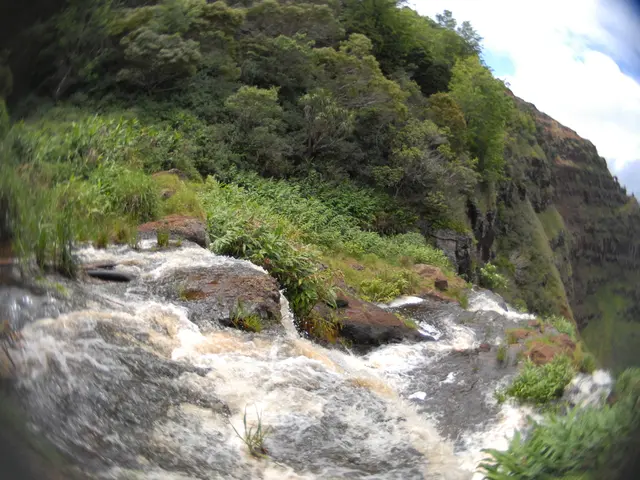Intense rainfall and significant temperature decrease expected in Kazakhstan
The Kazakhstan Meteorology Department, Kazhydromet, has issued a detailed weather forecast for August 13, 2025, warning of a northwest cyclone and associated atmospheric fronts that will affect a large part of the country's territory until August 16.
Rains with thunderstorms are expected to hit western, northern, eastern, and central Kazakhstan. Heavy rains, hail, and squally winds are forecast for the northwest and north, while southern areas will remain under the influence of an anticyclone ridge, resulting in no precipitation.
Temperatures across the country are expected to reach scorching highs. The Almaty, Zhambyl, and Zhetysu regions will see temperatures of +35 to +38°C, with some areas in the center of Almaty and south of Zhetysu soaring up to +40 to +41°C. The fire threat is high to extremely high in many regions, notably in West Kazakhstan, Atyrau, Aktobe, Kyzylorda, Zhambyl, Abai, Ulytau, Zhetysu, Mangistau, Almaty, and others.
Strong winds are expected throughout the republic during the forecast period, with a dust storm anticipated in the southern parts during the daytime. Morning and evening fog is expected in the north and east of Kazakhstan, while temperatures in the central regions and southwest will decrease slightly, ranging from 25-33 to 20-28 degrees.
Residents of Almaty and Shymkent can expect temperatures up to 37 degrees Celsius. In the west of the republic, nighttime temperatures will range from 13-18 degrees, and daytime temperatures will range from 20-30 degrees. Short-term rain showers with thunderstorms are expected in some areas of the southern half of the country due to high temperatures.
This severe weather alert comes as Kazhydromet published a new record for Kazakhstan, beating the record set in 1942. Kazhydromet urges residents to take precautions against the high fire threat and to stay updated on the changing weather conditions.
The environmental-science department might be closely monitoring the unprecedented weather conditions following Kazhydromet's publication of new records. It's crucial for scientists to understand the potential impact of these extreme weather events on the science of environmental-science.








